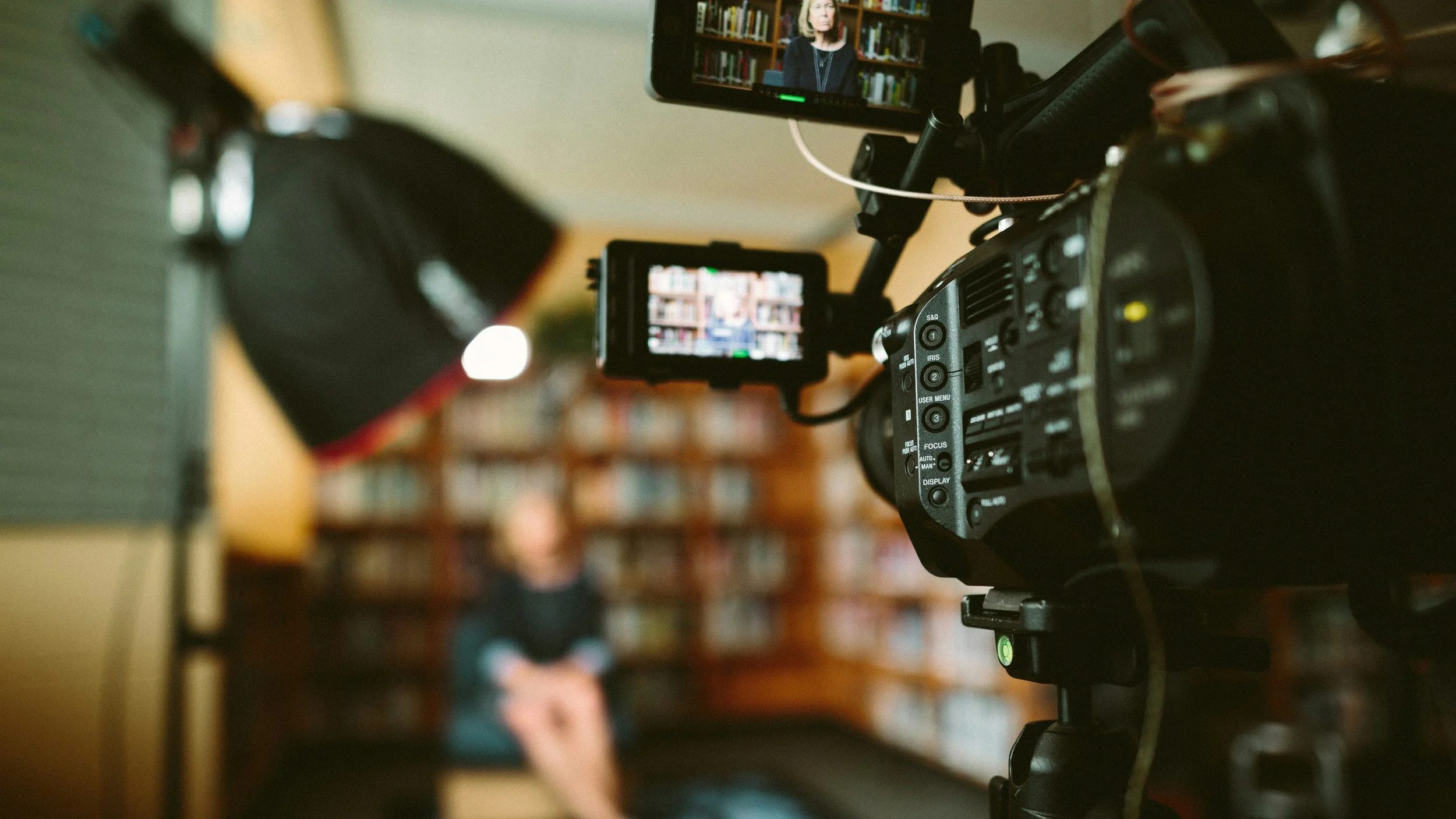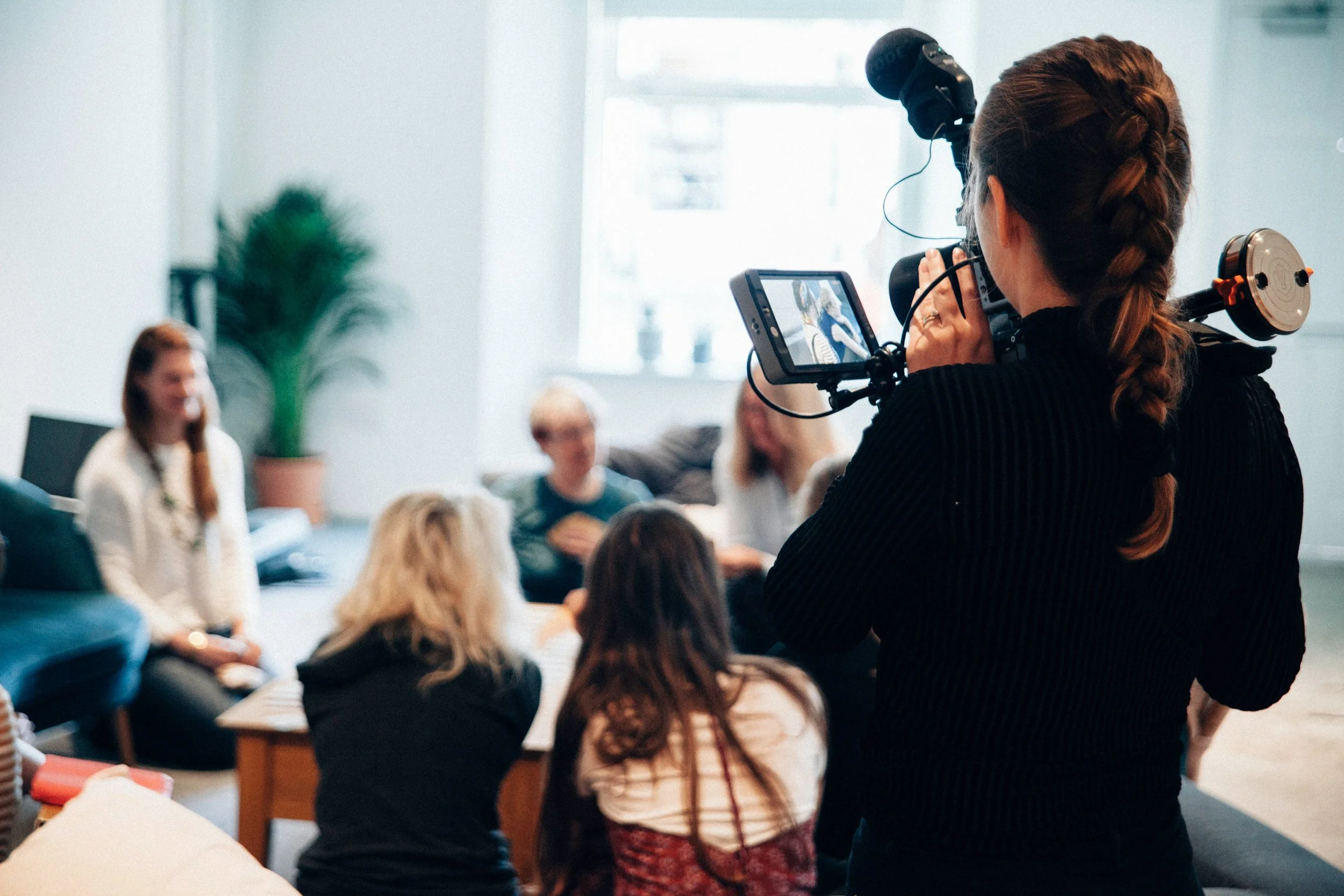
About the Project
UK broadcasting has long been regulated to try to prevent it from taking sides in political debates. But the degree to which broadcasters have remained impartial is subject to fierce debate.
Our project will investigate the impartiality of broadcast and online media through large-scale analysis of news output, nationwide surveys and focus groups, and in-depth interviews with leading editors and journalists. Overall, we aim to assess how different broadcasters apply impartiality and how audiences understand it over the coming years.
This project is funded by the Arts and Humanities Research Council.
Our Research Focus
Debates about
impartiality
We’re creating a go-to resource that brings together key research about the impartiality of journalism, mapping debates across academic and media fields and, assessing the evidence that shapes how the term is understood.
Complaints
to Ofcom
We are tracking every Ofcom complaint and ruling to uncover patterns in how impartiality and bias are regulated on UK broadcast media.
Panellists on political
discussion shows
We’re examining who gets a voice on major political panel shows — including Question Time, Sunday with Laura Kuenssberg, Peston and Sunday Morning with Trevor Phillips — tracking which parties are represented, how often they appear, and how they’re introduced to viewers.
Television and
podcast news
We’re comparing how political stories are told on TV news versus podcasts — from what makes it onto flagship bulletins, to the tone, style, and interpretation of political claims across different broadcasters and platforms.
Understanding
impartiality
We’re talking to the public, journalists, editors, and producers to uncover how impartiality is understood, interpreted, and put into practice.
BBC Verify
We’re analysing how far BBC Verify is used across BBC news output and how the fact-checking service scrutinises political claims.







